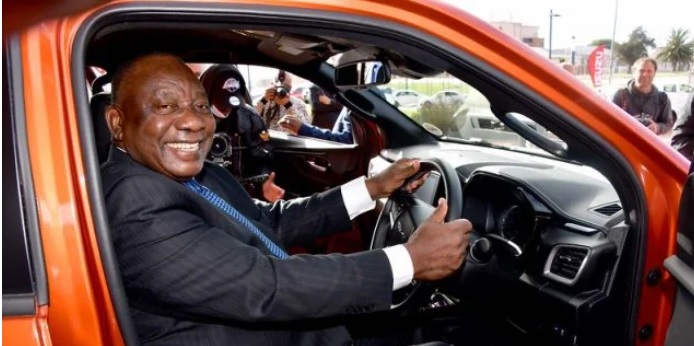
The government has launched a new project to upskill engineering students to make the shift toward new electronic vehicles amid a $1.8 million (R30 million) pledge by the UK.
The project, called ‘Yakh’iFuture’, will prepare South African engineering students to work in the automotive components manufacturing industry.
It seeks to upskill South Africa’s young engineering students to make the shift toward greener energy alternatives in one of South Africa’s largest manufacturing industries.
According to the National Association of Automobile Manufacturers of South Africa (Naamsa), over the last year, 387,125 vehicles worth R148 billion, along with R53.7 billion worth of automotive components, were exported from South Africa to 151 countries.
The international trend toward electric vehicles (EVs) is growing with Naamsa expecting that 40% of all European vehicle sales will be EVs by 2030.
“It is clear that we cannot ignore EVs if we want to continue doing business with Europe. It will have a huge impact on the country if we lose R201 billion in export earnings a year,” said Naamsa.
President Cyril Ramaphosa recently green-lit the Just Transition Framework, which, under the Presidential Climate Commission, sets out policy measures and undertakings by different social partners to minimise the social and economic impacts of the shift away from fossil fuels.
Ramaphosa said the framework advocates for a massive expansion of renewable energy, battery storage, new energy vehicles, green minerals and the hydrogen economy. The framework underpins an agreement between South Africa, the UK, US, Germany, France and the EU to grant access to an $8.5 billion investment in the shift away from fossil fuels.
The UK has further invested $1.8 million specifically in the shift of South Africa’s automotive industry to new energy vehicles (NEVs).
Rebecca Tron of the British High Commission said that as part of the recent pledge, it would sponsor the development of industry competency models for NEVs through the new program.
Yakh’iFuture interactive website falls under the High Gear programme that was started by the National Association of Automotive Component and Allied Manufacturers (NAACAM) and the Department of Higher Education and Training.
It has been introduced in a trial amongst Technical, Vocational, Education and Training (TVET) colleges and aims to generate a curriculum relevant to the global shift to non-internal combustion drive trains.
The High Gear program also assists students who want to work in the industry with career advice and guidance in giving them the best chance of being employed.
“This platform will continue to evolve as industry trends and needs change so that students can stay up to date with employer requirements. Students can also complement their studies after graduation while accessing work opportunities and networking with potential employers via Yakh’iFuture. These are capabilities that will close the loop when it comes to industry demand and skills supply,” said High Gear.
“It is important that we prioritise programmes and initiatives that enable skills development for young people and students alike to make them more employable, and the Yakhi’Future platform has been designed to do just that,” said Aruna Singh, the chief director of programmes and qualifications at the Department of Higher Education and Training.
Article originally published in BusinessTech on 26 July 2022.